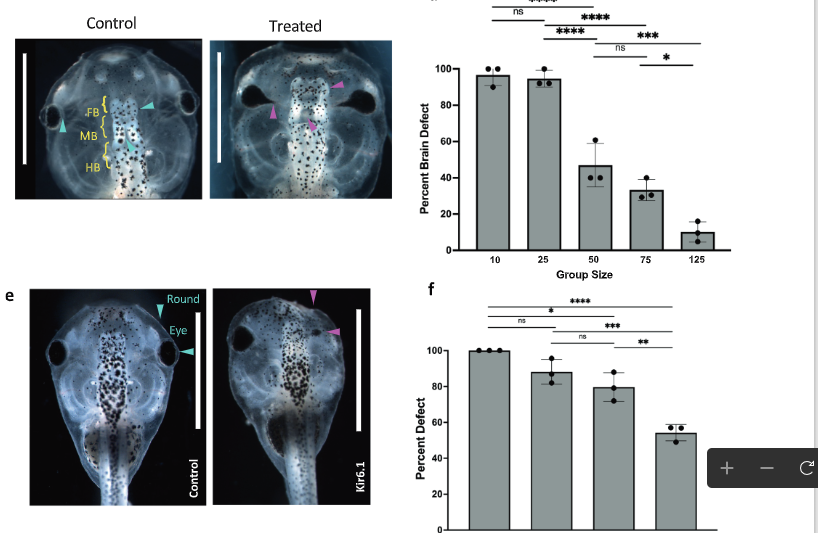Dr. Rupert Sheldrake has dedicated his career to investigating the inherent nature of memory, which he believes is a fundamental aspect of nature itself. In his view, artificial intelligence (AI) has limitations, despite its impressive ability to perform tasks such as playing chess, recognizing faces, and other impressive feats. Sheldrake contends that digital computers lack consciousness and true intelligence. To find these qualities in the computer world, Sheldrake suggests starting afresh with analog computers, which are inherently holistic and can incorporate indeterminism. Similarly, Quantum Computing, which involves probabilistic processes, is seen as promising for developing true intelligence in machines. John Coates, however, believes that digital systems can simulate probabilistic processes by simply adjusting temperature. Overall, Sheldrake’s investigations into memory and the limitations of AI offer valuable insights into the potential of analog and quantum computing to achieve true intelligence.









